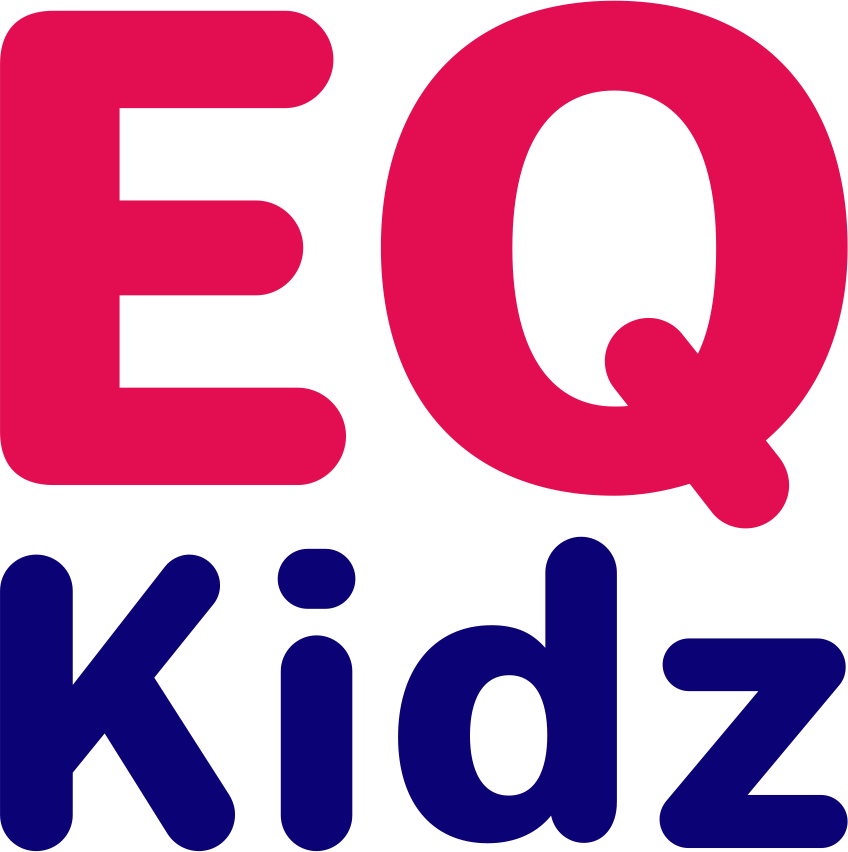A child’s social-emotional development is as important as their cognitive and physical development. It is important to know that children are not born with social-emotional skills. It is the role of the parents, caregivers, and teachers of children to teach and foster these abilities.
A child’s social-emotional development provides them with a sense of who they are in the world, how they learn, and helps them establish quality relationships with others. It is what drives an individual to communicate, connect with others, and more importantly, helps resolve conflicts, gain confidence and reach goals. Building a strong social-emotional foundation as a child will help the child thrive and obtain happiness in life. They will be better equipped to handle stress and persevere through difficult times in their lives as an adult. How do we, as parents, support the social-emotional development in our child? In the past, educators have stressed academic skills to determine success in a child. Those archaic days are long gone and now we know the importance of social-emotional development. The approach to teaching social-emotional development is vaguer than physical or cognitive development, but there is an increasing amount of research available to support it. This being said, we as parents and educators must learn to read our child’s emotional cues so that we can help them identify their emotions; model the behavior for our children; consistently interact with our child affectionately; show consideration for their feelings, desires and needs; express interest in their
daily activities; respect their viewpoints; express genuine pride in their accomplishments with meaningful comments; and provide encouragement and support during times of stress.
Children who have been given specific training in social-emotional skills are taught how to solve their own problems independently, to see other perspectives, to negotiate, and to make compromises. These skills must be taught in a proactive, focused way, not in the heat of the moment after a problem occurred. Children need to practice using these skills when they are calm. Then when a problem does occur, the adult can support children in putting their skills into action.




